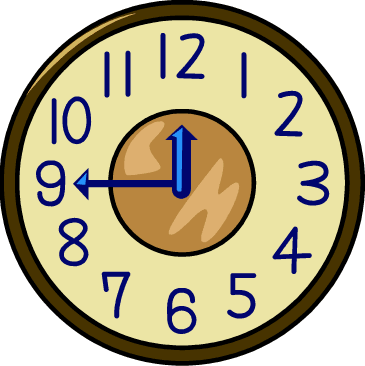ESL Legal Reading
It is important to be able to do ESL legal reading as you might need to understand written information about the law when you are in another country.

The comprehension passage on this page will let you have a chance to practice an ESL law reading exercise so that you will be able to use the law vocabulary you have learnt. By using these words in a real reading passage you can improve your overall ability.
If you need any help with any of the vocabulary used you can look at the ESL legal vocabulary page. On that page there is a long list of vocabulary items with definitions.
Once you have finished the ESL legal reading passage there are some questions after it that you should answer to see how well you really understood it. Use the get score button when you have finished to see your score for the exercise.
ESL Legal Reading Comprehension Passage
In many countries the legal systems are very complex. This is because they have been developed over very long times. Every time that a new case is decided it can have an affect on future cases. This means that the people who work in legal situations have to be clever. They have to know and understand all the rules and precedents. A precedent is when a previous decision will have an effect on future cases as it was related to an important point.
There are many people who work with the law, such as solicitors or judges. A solicitor is a lawyer who spends most of their time advising their clients and preparing legal documents, such as wills or contracts for buying and selling houses. They need to be very careful and make sure that all the details are correct, otherwise their clients might lose a lot of money.
A barrister is a type of lawyer who works in court rooms. They will either work for the prosecution or defense sides. If they are a prosecution lawyer they are trying to prove that the defendant (the person on trial) committed a crime. They have to present evidence to show that the defendant is guilty. If they are a defense lawyer then they work for the defendant and have to show that the evidence presented is not enough to prove that their client is guilty and he should be judged to be not guilty.
Then there are judges and magistrates. A magistrate will hear trials about less serious crimes, while a judge’s will be about more serious crimes. These are the people who have to decide what punishment will be given to someone who is guilty. The punishments could range from a small fine up to a long prison sentence, and even a death sentence in some countries. The trial happens in the judge’s courtroom, so the judge is responsible for making sure the trial is run fairly and follows the law.
If a lawyer believes that a trial was not fair or there was a mistake in the law, they can ask for a new trial that will generally be hear by an appeal court where an appeal judge will be in charge. Often appeal judges will be the most experienced judges in a country, so they know a lot about the law and how to apply it.
ESL Legal Reading Comprehension
Reading comprehension questions that go with the above reading passage.
Other Pages Legal that You Might Like
ESL Legal Conversations
ESL Legal Listening
ESL Legal Vocabulary
ESL Legal Writing
ESL 4u home › Reading › Legal


|
|



New! Comments
Have your say about what you just read! Leave me a comment in the box below.